Hammer drills ‘hammer’ as well as spin – their sole use is essentially for drilling into masonry, where the concrete has to be broken up in order for the drill bit to penetrate effectively. Regular drills just spin. Nothing special. They rely on high RPM, the downward force of your arms, and a good, sharp bit.
Hammer-Action Drills vs. Rotary Hammers – Fine Homebuilding
Jan 7, 2024Grab the hammer and nail and insert it into the hole. Hit the nail with the hammer a couple of times, which is hopefully enough to clear the path for the drill bit to continue. 5. Watch for Overheating. As the drill works overtime trying to penetrate the concrete, it risks overheating.
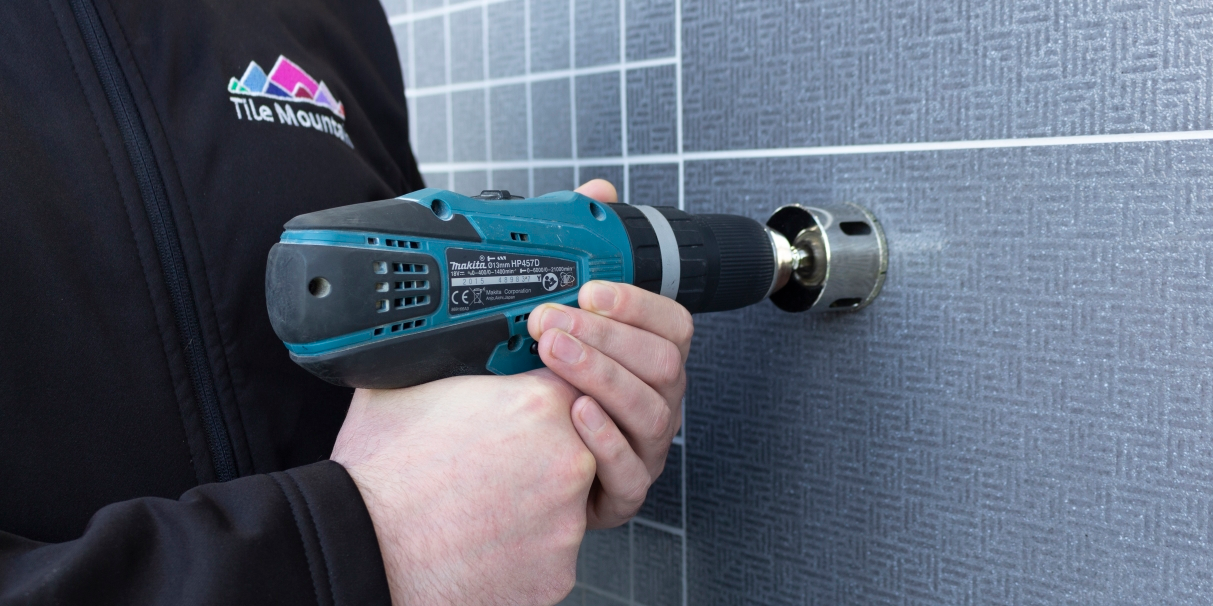
Source Image: tilemountain.co.uk
Download Image
Family Handyman. Hammer drills and rotary hammers are both excellent for drilling masonry. Rotary hammers are more powerful, though, and have a “hammer-only” mode with no rotation. They usually have an SDS chuck, which is better for hammering. Sure, you can drill a hole or two in a concrete block with a regular drill and a masonry bit, but

Source Image: harborfreight.com
Download Image
How to use a drill like a pro | Real Homes 3. If you come across a hard spot, which is probably stone in the concrete, use a large nail with a hammer to smash the pieces that are blocking your progress. 4. Never buy cheap drill bits to do any job. They will not last and you’ll end up paying more money in the long run. 5.

Source Image: craftsman.com
Download Image
Do You Need A Hammer Drill To Drill Concrete
3. If you come across a hard spot, which is probably stone in the concrete, use a large nail with a hammer to smash the pieces that are blocking your progress. 4. Never buy cheap drill bits to do any job. They will not last and you’ll end up paying more money in the long run. 5. Sep 1, 2023Step 3. Make a guide hole first. Many hammer drills offer only two speeds, so turn your drill on at the slower speed for best control when making the guide hole. If your drill has only one speed
V20* Cordless 1/2-in Hammerdrill Kit (2 Batteries) | CRAFTSMAN
Let the tool do the work. You can’t press harder than concrete is dense. Keep a firm grasp and use two hands whenever possible. Bits can grab on aggregate in concrete and twist. The harder you press, the harder the tool has to work. Blowing out the hole with compressed air is generally advisable and sometimes required. How to Drill Into Concrete Without a Hammer Drill?

Source Image: finepowertools.com
Download Image
Diamond Drill Royalty-Free Images, Stock Photos & Pictures | Shutterstock Let the tool do the work. You can’t press harder than concrete is dense. Keep a firm grasp and use two hands whenever possible. Bits can grab on aggregate in concrete and twist. The harder you press, the harder the tool has to work. Blowing out the hole with compressed air is generally advisable and sometimes required.

Source Image: shutterstock.com
Download Image
Hammer-Action Drills vs. Rotary Hammers – Fine Homebuilding Hammer drills ‘hammer’ as well as spin – their sole use is essentially for drilling into masonry, where the concrete has to be broken up in order for the drill bit to penetrate effectively. Regular drills just spin. Nothing special. They rely on high RPM, the downward force of your arms, and a good, sharp bit.
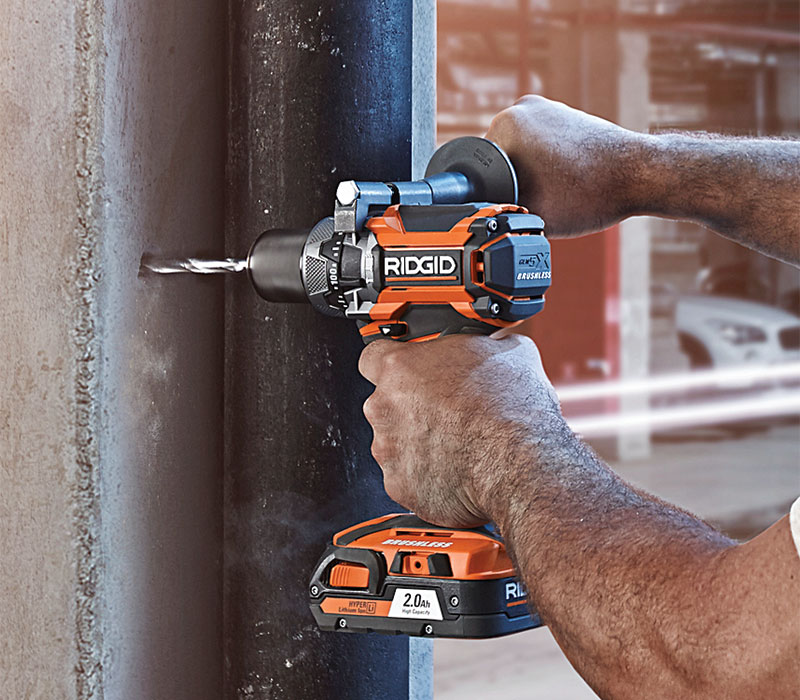
Source Image: finehomebuilding.com
Download Image
How to use a drill like a pro | Real Homes Family Handyman. Hammer drills and rotary hammers are both excellent for drilling masonry. Rotary hammers are more powerful, though, and have a “hammer-only” mode with no rotation. They usually have an SDS chuck, which is better for hammering. Sure, you can drill a hole or two in a concrete block with a regular drill and a masonry bit, but
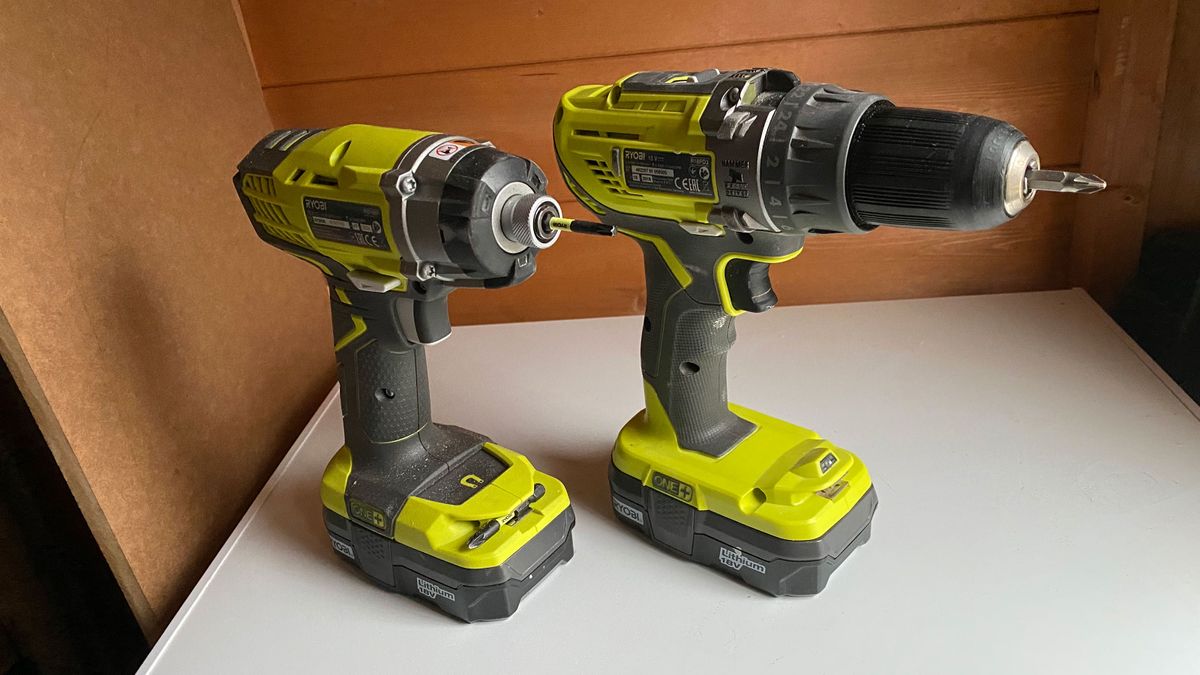
Source Image: realhomes.com
Download Image
Hammer Drill, 6.5-Amp, 1/2-Inch | BLACK+DECKER To fasten to concrete, you must: Drill a pilot hole, unless the screw can go in without one. The hole should be at least 1/4-in. deeper than the screw length. Drive the fastener into the hole with a drill or other driving tool. Be sure the fastener is snug against the concrete and doesn’t wiggle.
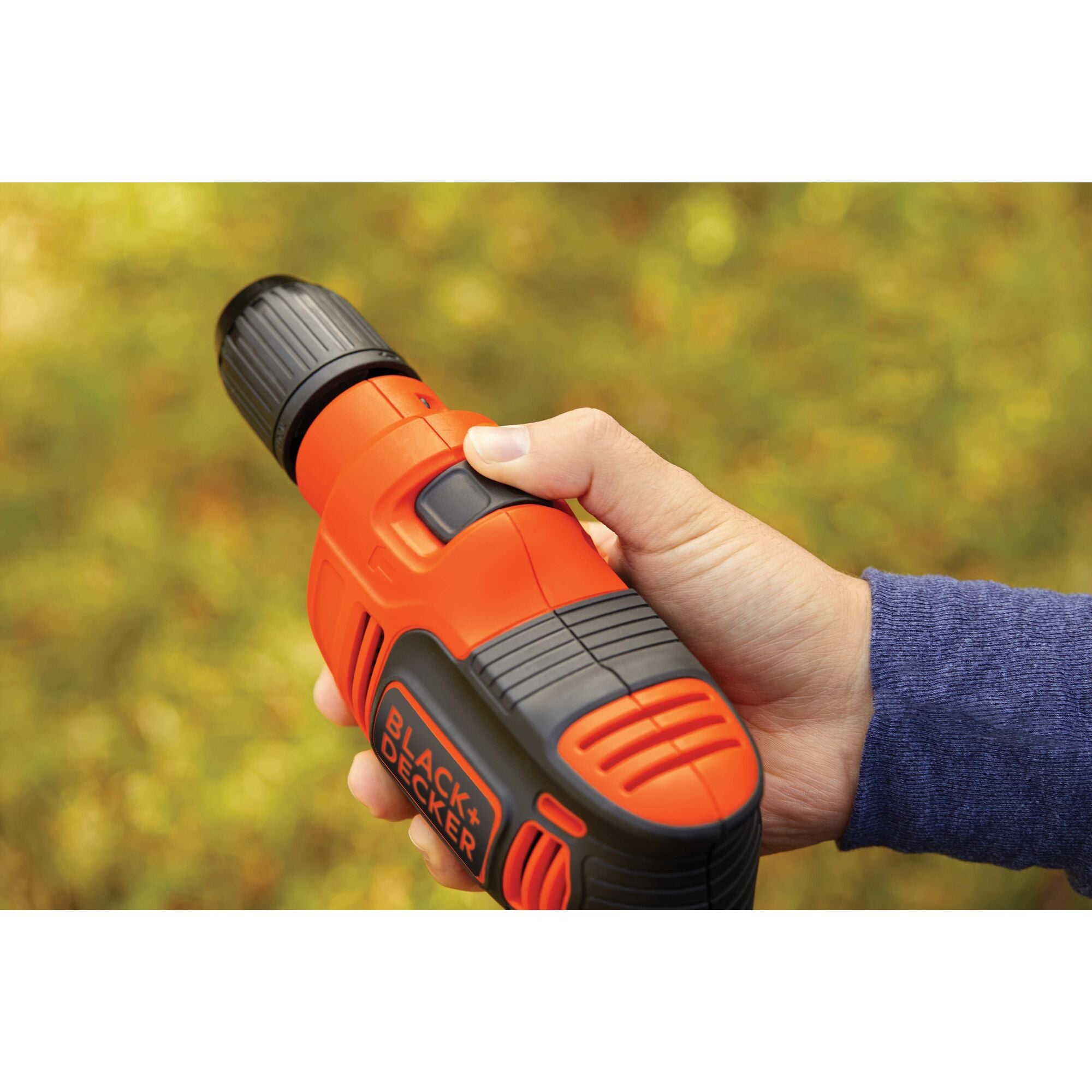
Source Image: blackanddecker.com
Download Image
The Best Cordless Hammer Drills Tested in 2023 – Top Picks by Bob Vila 3. If you come across a hard spot, which is probably stone in the concrete, use a large nail with a hammer to smash the pieces that are blocking your progress. 4. Never buy cheap drill bits to do any job. They will not last and you’ll end up paying more money in the long run. 5.

Source Image: bobvila.com
Download Image
Do I NEED a hammer drill to drill concrete? : r/Tools Sep 1, 2023Step 3. Make a guide hole first. Many hammer drills offer only two speeds, so turn your drill on at the slower speed for best control when making the guide hole. If your drill has only one speed
Source Image: reddit.com
Download Image
Diamond Drill Royalty-Free Images, Stock Photos & Pictures | Shutterstock
Do I NEED a hammer drill to drill concrete? : r/Tools Jan 7, 2024Grab the hammer and nail and insert it into the hole. Hit the nail with the hammer a couple of times, which is hopefully enough to clear the path for the drill bit to continue. 5. Watch for Overheating. As the drill works overtime trying to penetrate the concrete, it risks overheating.
How to use a drill like a pro | Real Homes The Best Cordless Hammer Drills Tested in 2023 – Top Picks by Bob Vila To fasten to concrete, you must: Drill a pilot hole, unless the screw can go in without one. The hole should be at least 1/4-in. deeper than the screw length. Drive the fastener into the hole with a drill or other driving tool. Be sure the fastener is snug against the concrete and doesn’t wiggle.